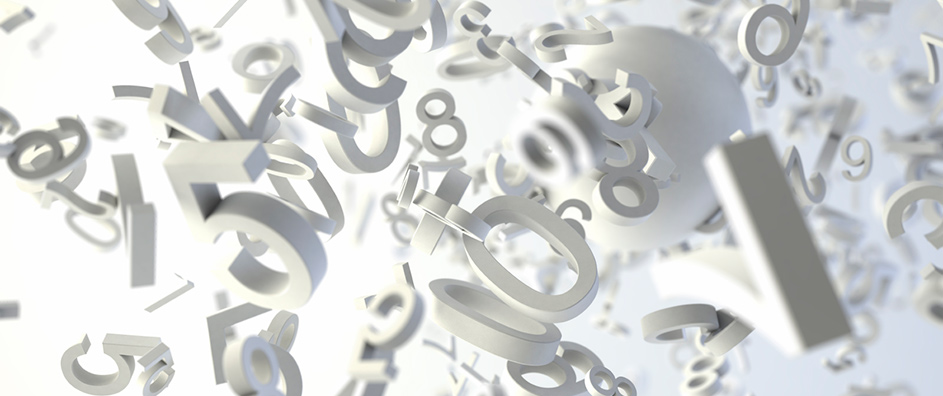The intersection of spirituality and numerology illuminates an intriguing aspect of the Bahá’í teachings, encapsulating concepts of oneness and detachment. Throughout the ages, numbers have fascinated humanity, not merely as abstract entities, but as profound symbols imbued with meanings that transcend the physical realm. This exploration endeavors to elucidate the spiritual dimensions associated with numbers, their inherent significance within the Bahá’í faith, and the philosophical implications of oneness and detachment that derive from this intertwining of spirituality and numerology.
Numbers, at their essence, represent the fundamental building blocks of reality. They can characterize time, space, and quantities, yet within spiritual philosophies, they often signify broader existential principles. The Bahá’í teachings emphasize that numbers serve as a language of the universe, where the patterns and relationships between them echo the interconnectedness of all creation. Such interconnectedness emphasizes the notion of oneness, a cardinal tenet in the Bahá’í faith, which posits that all humanity is part of a singular, divine unity.
Historically, numerical symbolism has been a source of inspiration across various cultures. In the Bahá’í perspective, numbers are not merely quantitative but represent qualitative realities that can be seen as reflections of divine attributes. For instance, the number nine holds particular significance within the Bahá’í faith, symbolizing completeness and universality. As the ninth and highest single digit, it characterizes the fullness of divine manifestation. This notion of completeness is intricately related to the concept of oneness, thereby reinforcing the idea that every individual is an integral part of the greater whole.
Detachment, in the context of the Bahá’í teachings, is a multi-faceted notion that applies to both material possessions and egoistic desires. The focus on detachment involves a conscious relinquishing of attachments that hinder spiritual growth and the embrace of a higher consciousness. Numerology complements this understanding by representing the ephemeral nature of material reality. As one contemplates the transient qualities of existence measured by numbers, the realization dawns that these temporal metrics are but markers along an eternal journey.
The spiritual practice of detachment is vital for realizing one’s individual potential and contributing to the collective flourishing of humanity. When the Bahá’í faith extols the virtues of detachment, it is not advocating for an ascetic lifestyle devoid of enjoyment or relationship but rather promoting a prioritization of spiritual values over material gains. This dialectical approach entails recognizing the transient nature of earthly possessions while simultaneously engaging with the world in a manner that is infused with spiritual meaning.
Moreover, within this framework of oneness and detachment lies the profound realization that each individual’s existence is interconnected with others. Recognizing the significance of individual actions can catalyze collective transformation. Every thought, word, or deed reverberates through the web of humanity. The Bahá’í teachings underscore this interconnectedness, implying that by embodying the principles of oneness and detachment, individuals not only enhance their spiritual health but actively contribute to the collective well-being of the human family.
The articulation of numbers in a spiritual context extends beyond their mere mathematical representations, providing a means to engage more deeply with the divine. The language of numbers serves to bridge the infinite and the finite, the temporal and the eternal. Thus, the contemplation of numbers can become a meditative practice, inviting individuals to discover meaning beneath the surface. This process of introspection ignites the soul, as one reflects upon the inherent messages encoded in the relationships and sequences of numbers.
In the grand tapestry of existence, the principles of oneness and detachment emerge as guiding lights. In cultivating a spirit of detachment, individuals may find solace in the realization that true fulfillment emanates from a deep connection to the divine. This connection urges one to transcend the self, to honor the shared bonds with others, and to embrace the vast tapestry of humanity. Numbers, as instruments of reflection, facilitate this journey of discovery.
The contemplation of the interplay between spirituality and numerology within the Bahá’í teachings invites a transformative understanding of existence. Rather than viewing numbers as mere abstractions, they become conduits to an expansive awareness of the divine, facilitating a deeper comprehension of our interconnectedness. The principles of oneness and detachment not only resonate through the ethereal whispers of numbers but also echo the innate longing for unity that exists within the human heart.
In conclusion, the dual concepts of oneness and detachment, enlightened by the lens of numerology, illuminate key pathways toward spiritual maturity. By embracing the spiritual significance of numbers, individuals embark on a profound exploration of their own place within the universe. The journey fosters a liberating understanding, revealing the delicate balance between engaging with the material world and adhering to higher spiritual imperatives. Ultimately, this journey guides individuals toward a harmonious existence, where the essence of oneness is celebrated, and the virtue of detachment is cherished.
